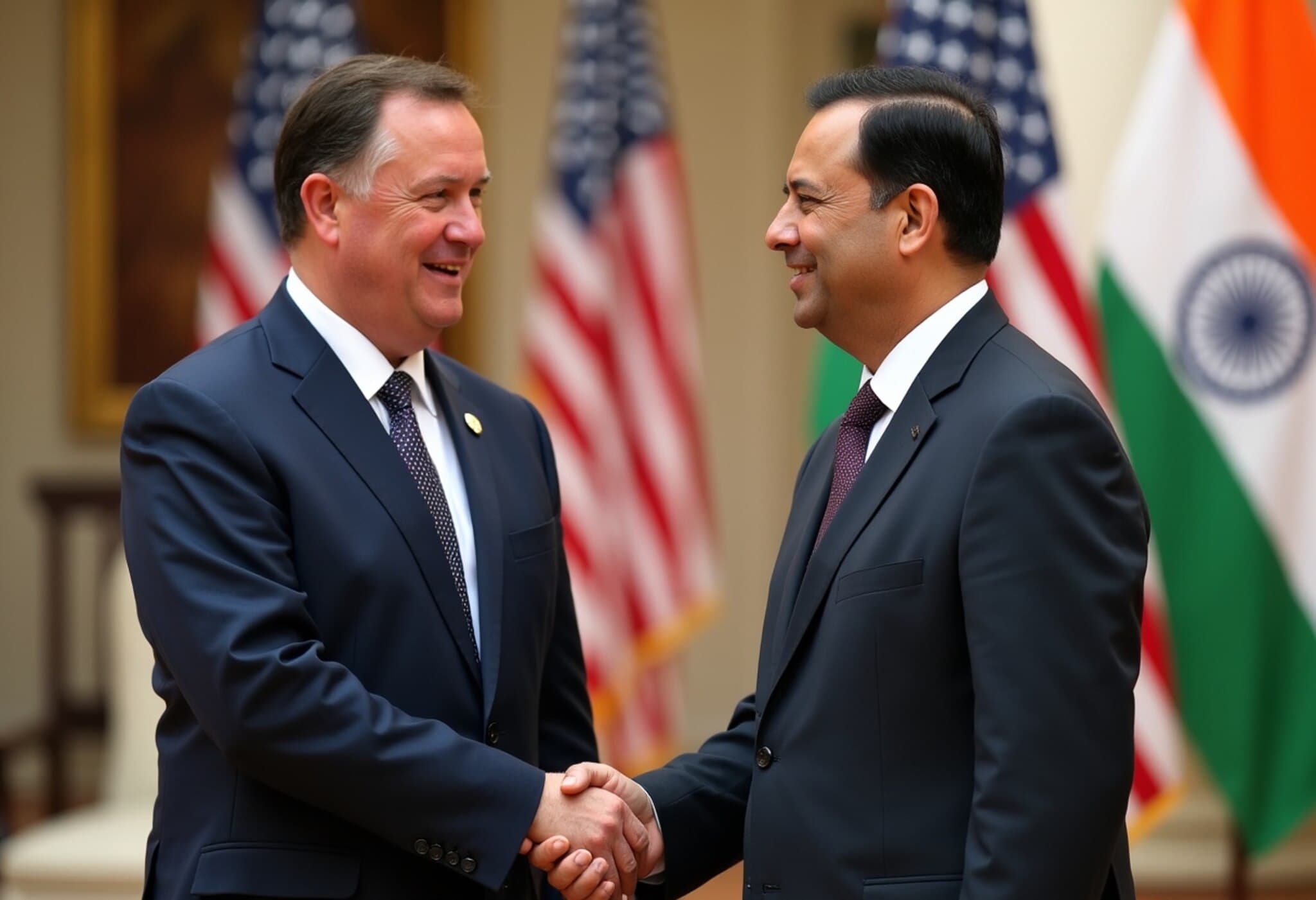Tragic Aftermath of Methanol Poisoning in Kuwait: 13 Dead, 21 Blinded
A recent outbreak of methanol poisoning in Kuwait has led to a harrowing toll: 13 people have died, and 21 others have suffered blindness or severe vision impairment. The country’s health ministry confirmed that, since last Saturday, 63 individuals of Asian descent have been hospitalized due to the consumption of tainted illicit alcohol.
Indian Community Severely Affected
The Embassy of India in Kuwait reported on August 13 that approximately 40 Indian nationals are currently admitted across various hospitals. The embassy’s statement indicated a mixed prognosis among Indians — some fatalities, others in critical condition, and a few recovering.
“We are closely coordinating with local authorities to ascertain the full details and extend all possible assistance to affected citizens,” the embassy stated via X (formerly Twitter).
Silent Suffering of Expatriates Amid Strict Alcohol Ban
Kuwait has enforced stringent laws against alcohol since 1964, with consumption criminalized since the 1980s. Yet, an underground market thrives where illicit alcohol is produced in unsafe conditions, often laced with methanol — a poisonous chemical that can cause blindness, organ failure, and death.
Despite the ban, many expatriates — particularly from India, Nepal, Bangladesh, and Sri Lanka — working in construction, domestic help, and retail sectors resort to underground alcohol, putting themselves in grave risk.
Victims require urgent medical interventions; among those hospitalized, 51 needed emergency kidney dialysis to combat poisoning effects, and 31 required mechanical ventilation to stabilize respiratory function.
Unconfirmed Reports and the Human Toll
While Kuwait’s authorities have not officially disclosed the nationalities of victims, reports suggest the deceased include individuals of Malayali and Tamil origin, along with Nepalese nationals.
This tragedy sheds light on the hidden vulnerabilities within expatriate communities who live in densely populated conditions with limited access to safe recreational options, often facing challenging socio-economic circumstances far from home.
Expert Insight: The Larger Public Health and Policy Challenge
Dr. Anita Desai, a public health expert specializing in migrant worker health, explains, “This is not just a medical crisis but a societal one. When governments criminalize certain consumptions without providing safe frameworks or support for vulnerable populations, black markets flourish, frequently leading to tragedies like these.”
She suggests regional cooperation and community outreach programs to educate expatriates about the dangers of illicit alcohol while advocating for stronger international support for migrant worker welfare.
Looking Forward: What Can Be Done?
- Improved Medical Response: Enhanced screening and specialized treatment protocols tailored for methanol poisoning can improve survival rates and long-term outcomes.
- Awareness Campaigns: Culturally sensitive education programs targeting expatriate populations to discourage illicit alcohol use.
- Policy Dialogue: Reevaluation of strict alcohol prohibition policies that inadvertently push vulnerable groups into dangerous alternatives.
- Community Support: Building trust between expat communities and authorities to facilitate safer practices and timely medical interventions.
Editor’s Note
This tragic incident in Kuwait exposes the precarious position of migrant workers caught between legal restrictions and their personal choices. It prompts critical reflection on how governments and societies can better protect such communities from preventable harms. Beyond the immediate medical crisis, there is a pressing need for compassionate policies that recognize human vulnerabilities rather than criminalize survival behaviors. Readers are encouraged to consider how broader social, economic, and legal frameworks intersect to produce such outcomes and what role international cooperation can play in addressing these hidden public health emergencies.











